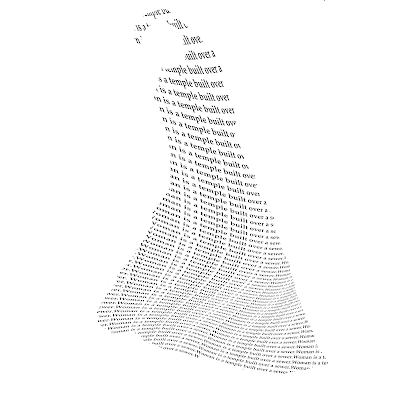 |
So Many Silenced, So Many Unnamed
|
adulteress, anointing sinner, anointing woman, bent
woman, bride of Cana, Catalphas’ servant girls, Cain’s wife, crippled woman,
daughters of men, daughters of Zelopehad, David’s ten concubines, demonized
slave girl, gifted artisans, Hebrew woman, Jairus’ wife and daughter, Jerusalem
disciples, Job’s wife, Lot’s wife, Naman’s wife’s slave girl, Noah’s wife,
notable women of Shunem, Paul’s sister, persecuted disciples, prominent women,
Queen of Sheba, Samaritan mother, Samaritan woman, Samaritan women, Samson’s
mother, Shunammite woman, sinful woman, Syrophoenician’s woman, Timothy’s
mother, two harlots, Tyrian disciples, widow of Nain, widow of Zarepath, widow,
poor, widow with the mite, widowed wife of a prophet, widows, wise woman of
Tekoa, wise woman of the city, witch of En Dor, woman who blessed Jesus’
mother, woman with issue of blood, women disciples, women of Israel, women
witnesses to resurrection
Sue Poorman Richards and Lawrence O. Richards, Women of
the Bible: The Life and Times of Every Woman in the Bible, Thomas Nelson, 2003.
// Erase
the Patriarchy: An Anthology of Erasure Poetry edited by Isobel O’Hare
(University of Hell Press, 2020)
“History is history.
The uncompromising, oppressive, outdated reins of
patriarchy plaguing the entire world have never been more obvious—and perhaps
never more in need of dismantling. Inspired, seemingly tireless people across
the globe have always banded together in solidarity and action hell-bent on
change. Sometimes this change is rooted in policy reform, sometimes
revolution—and often artistic expression.
Within this gorgeous volume of erasure artworks exist
differing cultural experiences connected by the desire for paradigm shift on a
global political scale. Familiar statements and treatises are transformed into
poetic versions of what reality looks like or could become for many of us stuck
in a vicious machine. This international artistic appeal rips apart layers of
deception, inequity, and fraud perpetuated by systems of power. Erasing what no
longer serves us can reveal another avenue from which to begin.”

|





























